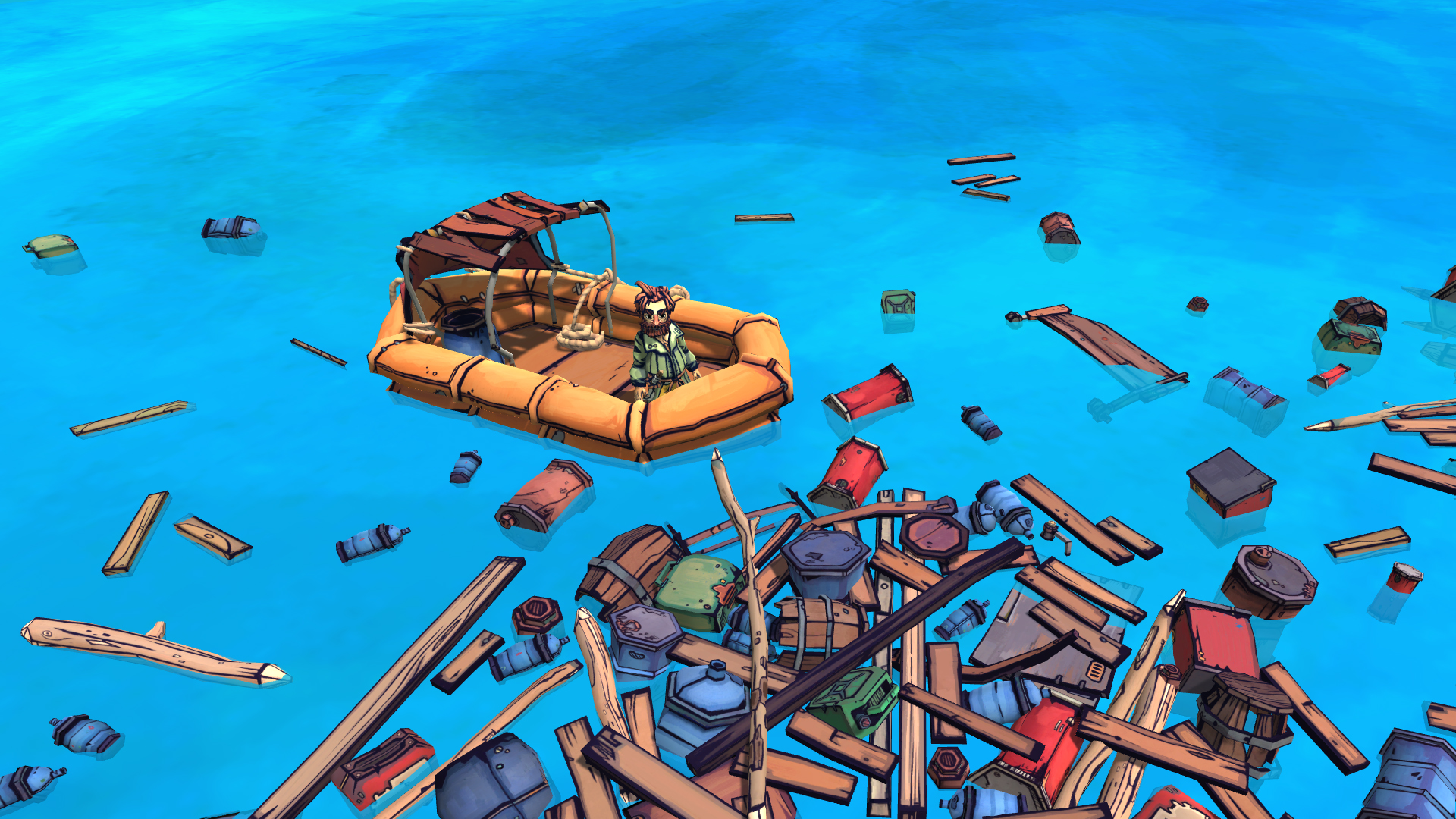
Since I was hired over two decades ago to teach Medieval Philosophy at a secular, Brazilian university, I have had time and resources to plunge deeply into the medieval world. I already knew from my liberal education in the 70s that the Middle Ages were not only not dark, but shone with a light that has been progressively dimmed by the modern world’s gun-smoke and obtrusive technologies. The repeated attempts to erect a Berlin’s Wall between modernity and the medieval – on literary and artistic grounds in the 14th and 15th centuries; on religious grounds in the 16th; on scientific grounds in the 17th; and on deistic and atheistic grounds in the 18th – have all faltered as everything that is good and truly forward-looking in modern ways has been shown to be inseparably rooted in that medieval millennium once termed backward.
The idea of the full dignity of the human person and human rights was practically unknown in Antiquity. It arises coherently from the very logic of Biblical revelation and passes, link by link, from Christian-inspired arguments against human slavery (the first ones really known to history), to today’s arguments regarding the death penalty, or humane treatment of prisoners, or the rights of human beings between conception and birth, minority rights, and so on and so forth.
None of this would have made sense in a mechanistic world defined only in Cartesian and Newtonian terms. The lingering logic of Christian thought kept these principles alive, but as its influence has been progressively eroded by secularism, we are left with our mechanistic universe (or whatever version of it mandated by current dogmas of scientism). The logic gets looser and looser, destined finally to yield to the pragmatic demands of the moment. Whatever we cannot quantify and measure appears increasingly unreal. And since we cannot photograph the person in the human embryo, we can purge it like a parasite if it gets in the way of our plans. It will only be a matter of time before we return to the custom of the ancient world, and dispose even of babies already born if they happen to be ugly, deformed or of undesired gender (the recent history of China is a sad witness to this).
Quite ironically, the public’s justified indignation over sexual abuse of children and minors by Christian clergy could hardly gather steam without the surviving ethos of the Christian idea of the intrinsic worth of the human person. Even though secular thought might lead us to doubt that dignity when we look around at our ravaged adult faces, full of deceit and duplicity, the otherworldly beauty that still shines forth from the faces of the young holds our naturalistic reductions in check – at least, for the time being.
We deem ourselves enlightened, fancying that we have built up a coherent modern edifice of rights and freedom courtesy of recent progress in the sciences, when in fact we mortar up the more humane features of that edifice using flotsam from a shipwrecked Christendom. Only sentiment and romantic nostalgia keep them intact for the present; the logic of secularism may ultimately, and sadly demand their elimination.


